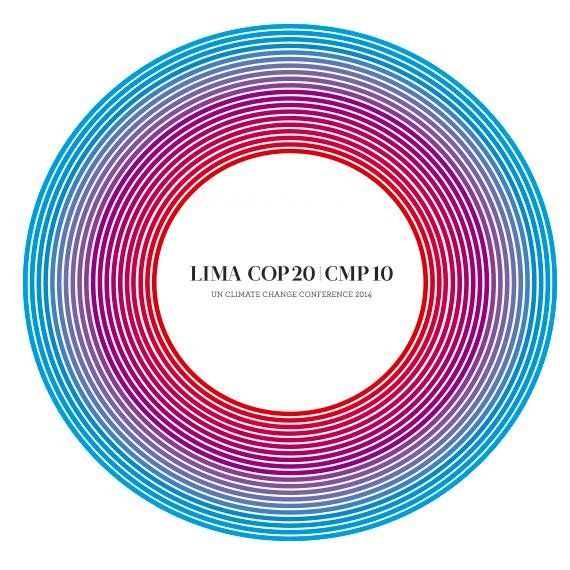IMO at COP 20

In pursuing its mission – safe, secure and efficient shipping on
clean oceans – IMO works vigorously and consistently towards developing a
comprehensive regulatory regime aimed at effectively protecting the marine
environment.
IMO’s Marine Environment Protection Committee has been considering as an
important part of its agenda actions to address greenhouse gas (GHG) emission
from ships engaged in international trade. It met for its 67th session (MEPC 67) from 13 to 17
October 2014, at IMO Headquarters in London with the participation of 93 Member
States, 3 United Nations bodies, 4 intergovernmental organizations and 48
non-governmental organizations.
MEPC 67 continued its work on further
developing guidelines to support the uniform implementation of the regulations
on energy-efficiency for ships that entered into force on 1 January 2013 under MARPOL Annex
VI. MEPC 67 agreed,
in principle, to develop a data collection system for ships and, following
deliberations in a working group, also agreed on the general description of a
data collection system for fuel consumption of ships, including its core
elements.
MEPC
67 approved the Third IMO GHG Study 2014, according to which international
shipping emitted 796 million tonnes CO2 in 2012, against 885 million
tonnes in 2007. This represented 2.2% of the global emissions of CO2
in 2012, against 2.8% in 2007.
IMO is also continuing its efforts with regard to technical co-operation and
capacity building to ensure smooth and effective implementation and enforcement
of the aforementioned new regulations worldwide and is now focusing on the implementation of resolution
MEPC.229(65) on Promotion of
technical co-operation and transfer of technology relating to the improvement
of energy efficiency of ships.
It is against this backdrop that IMO will participate in the UN Climate
Change Conference (COP 20/CMP 10) in Lima, Peru, starting on 1 December 2014.
An update of IMO’s work to address GHG emissions from fuel used for international
shipping in 2014 will be provided to the forty-first session of the Subsidiary
Body for Scientific and Technological Advice (SBSTA 41) under agenda item
10(d) – Emissions from fuel used for international aviation and maritime
transport.
IMO will provide information on its role as the international shipping
regulator through an official submission and at side events.
IMO’s objectives for COP 20/CMP 10
IMO’s main objectives for the Lima Conference (COP 20/CMP 10) are that:
· IMO continues to be entrusted with the development and enactment of global
regulations on the control of GHG emissions from ships engaged in international
trade;
· in all communications seek to make clear that international shipping
regulations are currently applied to all ships according to the
non-discriminatory principle on which the IMO regulatory framework is based;
and
·
the interests of developing countries are fully taken into account,
through IMO’s Technical Cooperation Programme and recognized further with
adoption of resolution MEPC.229(65) on Promotion of Technical Co-operation
and Transfer of Technology relating to the Improvement of Energy Efficiency of
Ships.